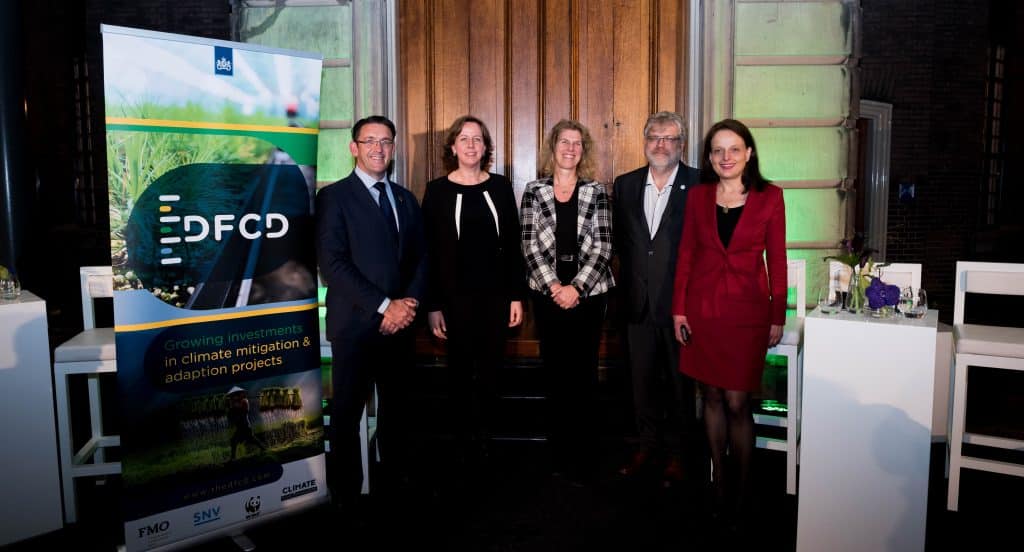Did you know that 62% of parents give their kids an allowance?
But it’s not enough to just hand your kids money. You need to teach them the value of a dollar and how to spend it.
Teaching kids about money doesn’t have to be hard. Money is one of the greatest stressors for adults. But if you can teach your kids early how to budget, you can save them a lot of heartache later on.
This article will give you 5 ways to teach your kids about money.
1. Match Allowance to Chores
Don’t start giving your children money until they’re old enough to do chores.
If you give your child an allowance when they’re very young for doing nothing, they’ll question why they have to work for their money later on.
When your child is old enough to do housework, be sure to match the money you give to the work they do.
For instance, offer a certain amount for each chose. Vacuuming could be one dollar, washing the dishes could be two dollars.
It’s important to break down the value of each piece of work they do. This will teach them how labor gets exchanged for money.
Make a chore chart so they know what they’re in charge of each day. Set a “payday” on Fridays so they have money to spend over the weekend.
This traditional work schedule will get them used to waiting for their money and spending it wisely. If they don’t do their chores, don’t cave and give them the allowance anyway. This isn’t how money works in the real world and you’ll be sending them the wrong message about hard work.
2. Make Them Pitch In
There is no way your seven-year-old can pay for every toy they want.
But this doesn’t mean they can’t pitch in a portion. When your child asks for a major game or toy, always make them pay for a small portion.
Even if it only takes them saving their allowance for two weeks, this simple act will make them value the toy more.
if you constantly give your child toys without them having to do any work, they won’t appreciate them. The toys will become something they’re entitled to rather than something they had to work for.
3. Talk About What You’re Buying
Your kids are always listening to you.
They hear you talk to your spouse about big purchases coming up. Next time you buy something large, include your child in the conversation.
Explain to them how long it took you to save up for that item. This way, when a brand new minican arrives in your garage, your child doesn’t think it got there by magic. They will start to understand that all those days you go off to work, you were earning the minivan.
Talk about how long it will take to pay off the minivan if you haven’t already.
When you go to an ATM, tell your child how much money you’re taking out. Don’t make the process of withdrawing money look easy.
4. Cook More Meals
Eating out every night and buying your child food from the drive-thru sets the wrong precedent.
It teaches your child that food comes easily and that it’s accessible when you want it. Your child will have no framework for how much it really costs to feed themselves.
Instead, focus on cooking the meals you put on the dinner table.
Take your child to the grocery store with you and get the ingredients to make the food he or she loves to eat a restaurant.
For instance, if her favorite restaurant food is a burger and fries, then go to the store and buy those ingredients. Add up how much each ingredient costs together and compare that number with how much you would have spent at the restaurant.
You’ll notice that getting food in the grocery store is far less expensive- and your child will too.
Then take the ingredients home and cook together. This will teach your child the importance of working for the food they ear.
5. Use a Clear Piggy Bank
As an adult, you know what to look for in a bank, but your child doesn’t
Sure, traditional piggy banks are cute. But they’re also impossible to see in without opening them.
You want your child to store their money in a clear receptacle so that they can see how much is in there.
This will help them understand the process of earning and saving money. They can visually see how much further they have until their goal.
A good practice is to teach them to wait until the piggy bank is full before spending the money. Maybe offer them a couple of bonus dollars if they keep the money in the piggy bank long enough. Think of this as teaching them how interest works.
So Now You Know The Importance of Teaching Kids About Money
Remember, teaching kids about money is crucial to their success later on.
High school courses don’t often cover important topics like how to spend money, and once your kid is in college it will be too late.
You want them to be smart about earning money early so they don’t make mistakes later on.
On the flip side, remember that your child is still a child. Don’t overstress them about money issues that you’re having. It’s important they know how the world works, but they shouldn’t be so worried about finances that they can’t sleep at night. They’ll have the rest of their lives to worry.
Wondering the best adult bank to save your money? Check out our advice here.



